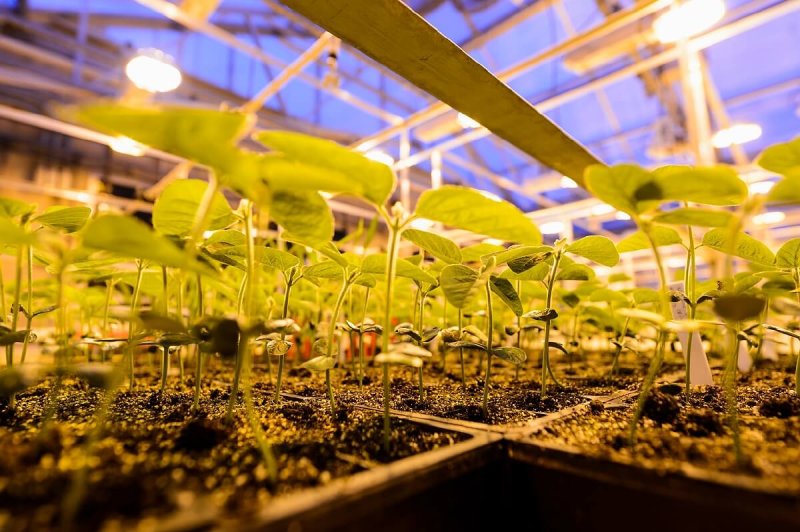In the USA, the Food and Drug Administration (FDA), which is responsible for regulating food and agricultural products, has made it clear that it sees its jurisdiction as a regulator of products, not technologies. The FDA has already decided not to attach special regulations to a number of products that have been edited using CRISPR-Cas9, the most publicised being a mushroom product. For more information on the regulators thinking, a longer explanation is available here.
After headlines such as ‘Gene editing in legal limbo in Europe’ in Nature in February 2017, the EU has taken steps to clarify its position. In the EU, an opinion from the ECJ recently stated that ‘Crops and drugs created using powerful gene-editing techniques such as CRISPR–Cas9 might not need to be regulated by the strict European Union rules that govern genetically modified organisms (GMOs), according to a formal opinion from an advocate general in the European Court of Justice.’
Read full, original post: Gene editing in agriculture & food: Accelerating the second green revolution































